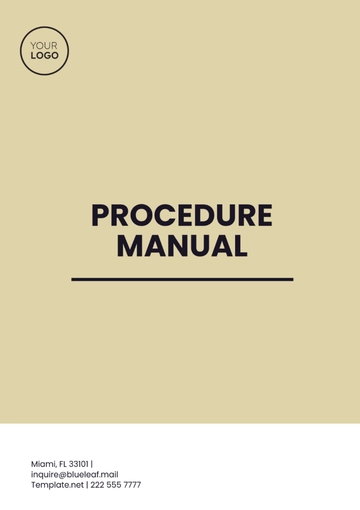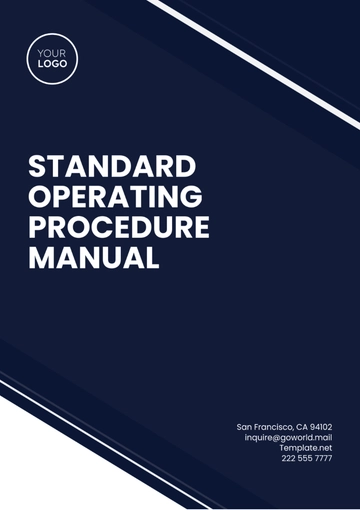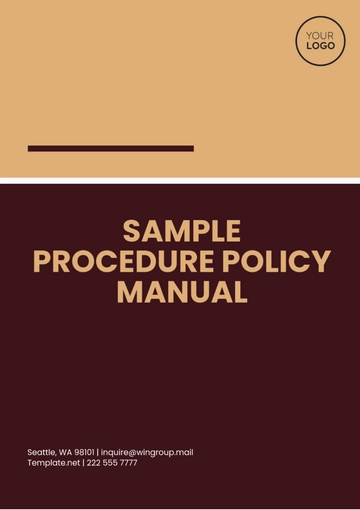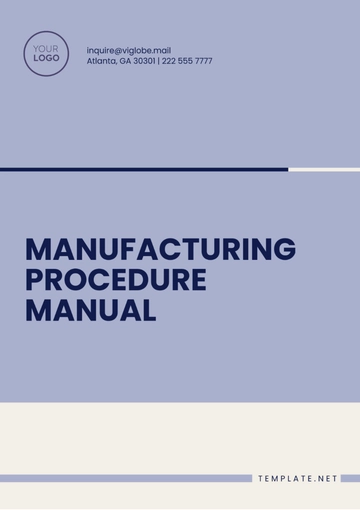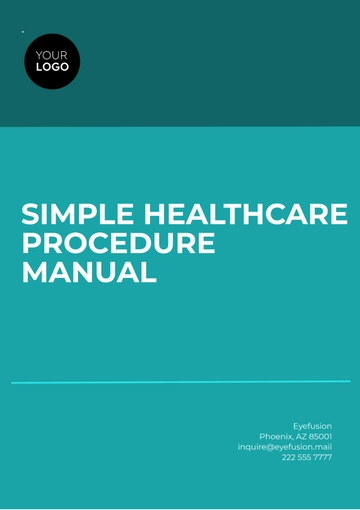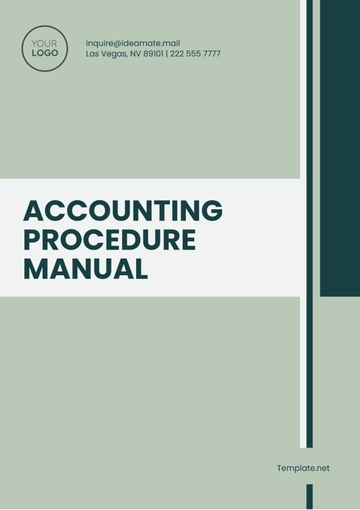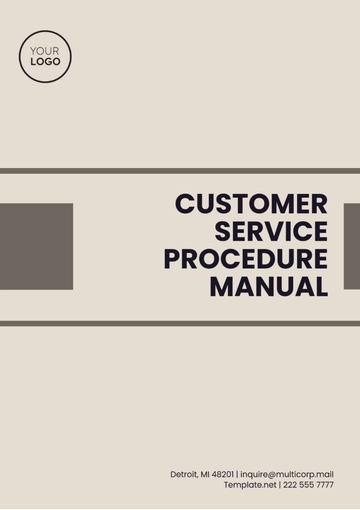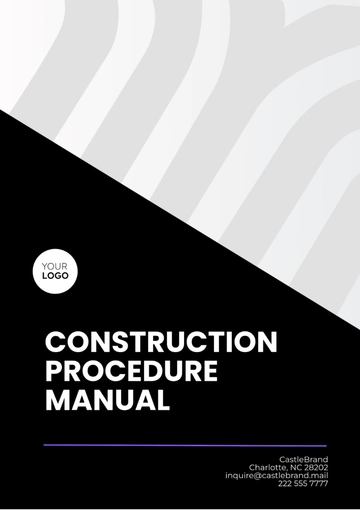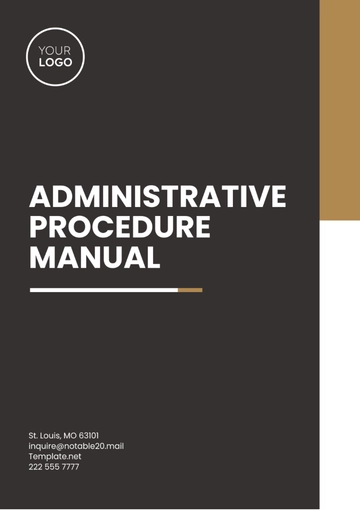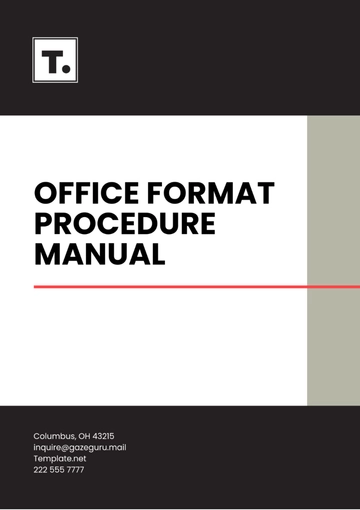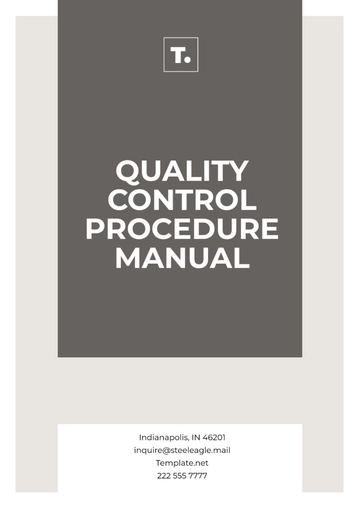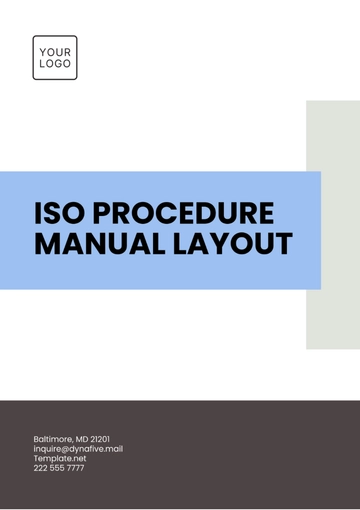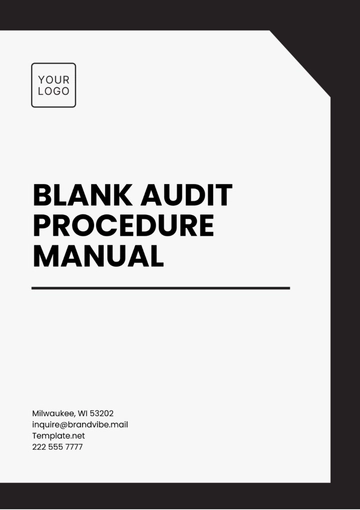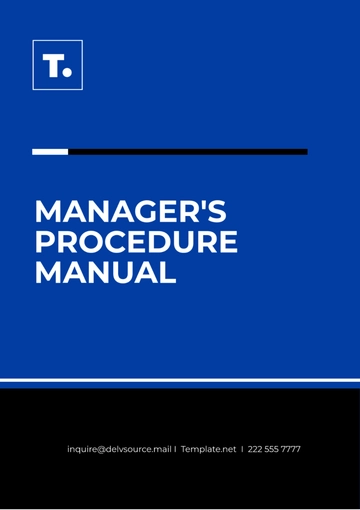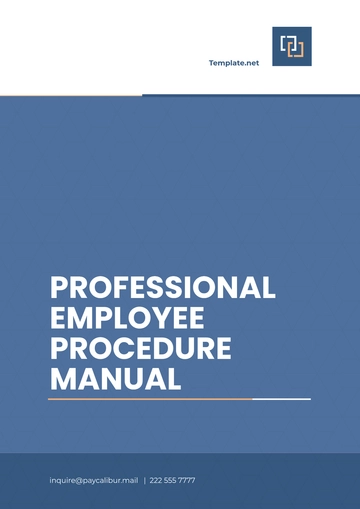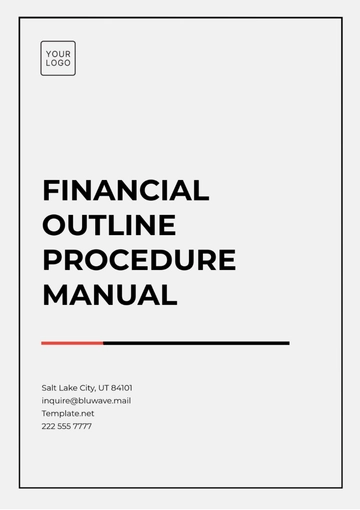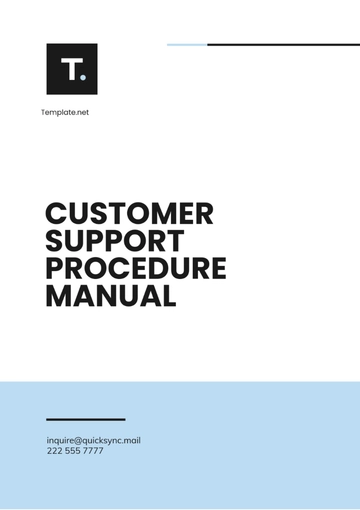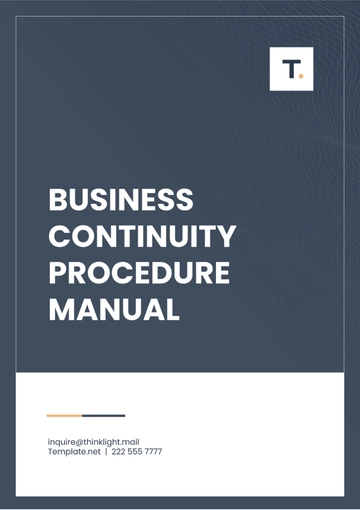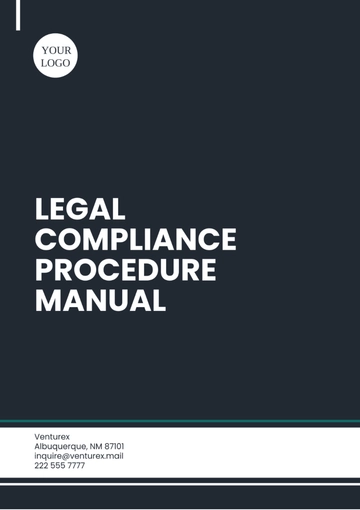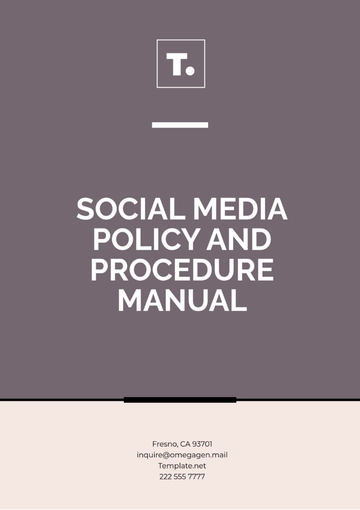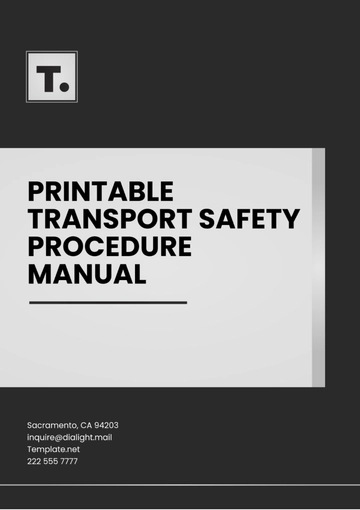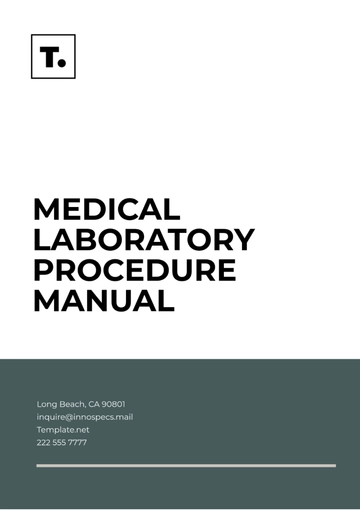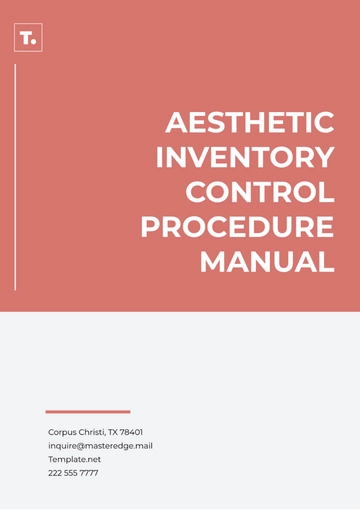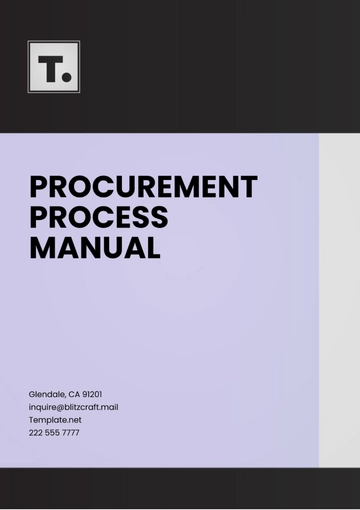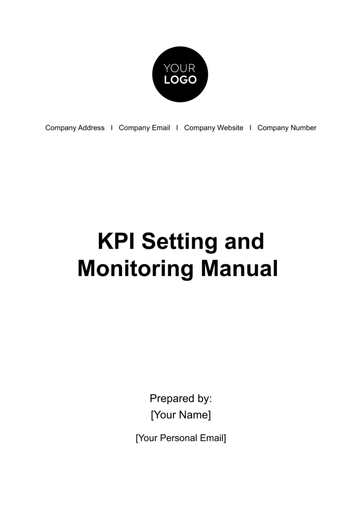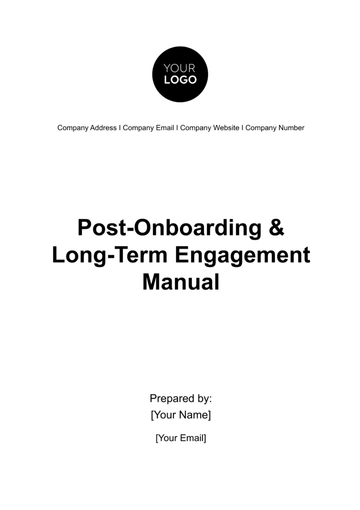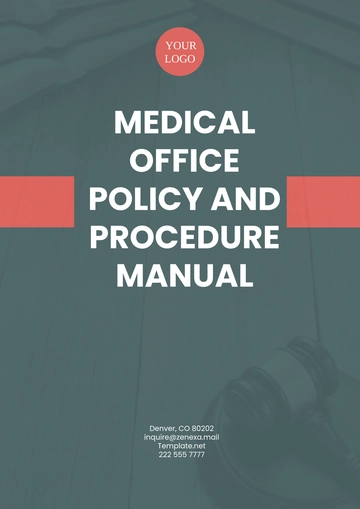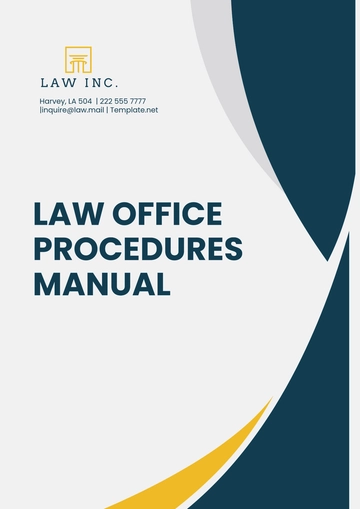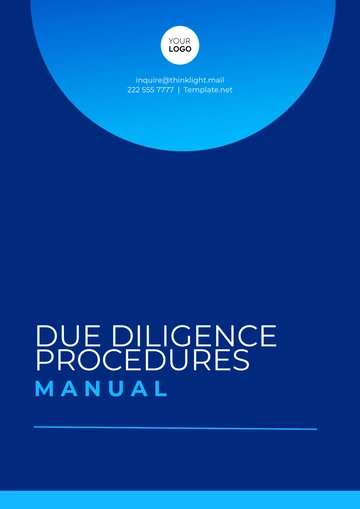Free Seo Guide Manual
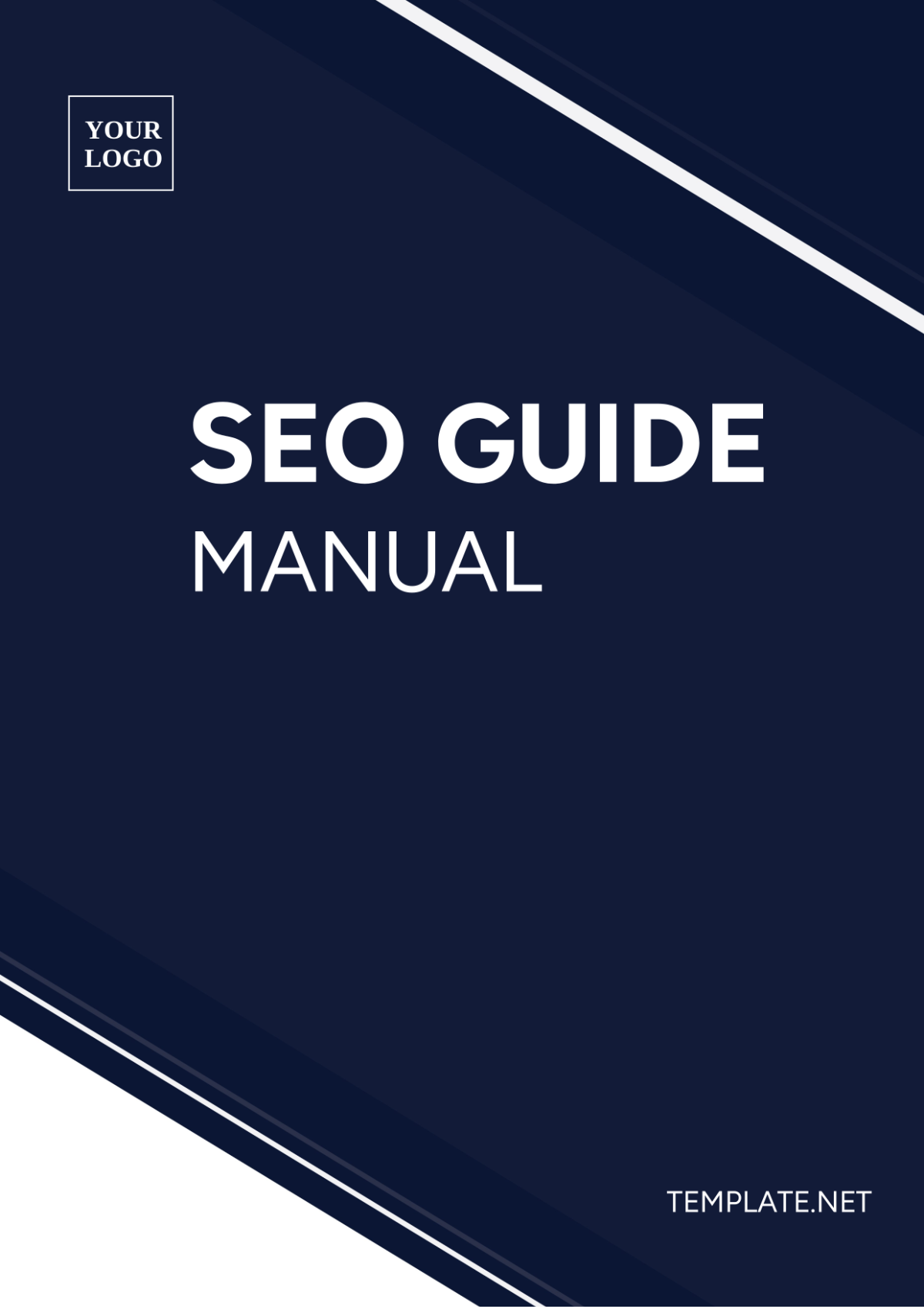
Created By: | [YOUR NAME] |
Company Name: | [YOUR COMPANY NAME] |
Department: | [YOUR DEPARTMENT] |
Date: | [DATE] |
I.Introduction
Welcome to the SEO Guide Manual crafted for [YOUR COMPANY NAME]. In today's digital landscape, Search Engine Optimization (SEO) plays a pivotal role in enhancing online visibility and driving organic traffic to your website. This manual serves as a comprehensive resource for [Your Department] to understand and implement effective SEO strategies tailored to meet the specific needs of [YOUR COMPANY NAME].
II. Keywords Research
Keywords are the foundation of every SEO campaign. These are phrases or words that describe the content of your site and what people search for. [YOUR COMPANY NAME] requires a well-planned keyword strategy to improve our visibility on search engines.
In [YOUR DEPARTMENT], it is important to find relevant keywords for your content. Keyword research tools can help you find search terms that people enter into search engines related to your products or services.
III. On-Page SEO
[YOUR COMPANY NAME] On-page SEO involves optimizing our web pages to rank higher and gain more relevant traffic. This includes HTML source code, title tags, meta descriptions, content, and URL structure among others.
You as a member of [YOUR DEPARTMENT] must follow SEO best practices like optimizing your titles and descriptions, proper URL structuring, using canonical tag to avoid content duplication, and making sure our website is mobile-friendly.
IV. Off-Page SEO
Off-Page SEO refers to the actions we take outside of [YOUR COMPANY NAME] website to impact our rankings within search engine results pages. This includes techniques like link building, social media marketing, and influencer outreach.
Efforts by [YOUR DEPARTMENT] towards Off-Page SEO can increase the trust, authority, relevance, and importance of your site in the eyes of search engines and users.
V. Monitoring & Analytics
The final step in [YOUR COMPANY NAME]'s SEO practice is monitoring and analyzing the gathered data. SEO monitoring involves keeping an eye on your website's performance in the search engines, while analytics helps you gauge the success of your SEO campaigns over time.
Tools such as Google Analytics, Google Search Console, and Bing Webmaster Tools are crucial for [YOUR DEPARTMENT] as they offer valuable insights into your site's performance and help in identifying areas for improvement.
VI. Content Optimization
Content optimization is a crucial aspect of SEO that focuses on enhancing the quality and relevance of the content on your website. This involves creating high-quality, informative, and engaging content that aligns with the keywords identified through keyword research. Content optimization also includes incorporating relevant keywords naturally within the content, optimizing headings and subheadings, and ensuring proper formatting for readability.
VII. Local SEO
For businesses targeting local markets, implementing local SEO strategies is essential. Local SEO involves optimizing your online presence to attract more local customers.
This includes creating and optimizing Google My Business listings, ensuring consistent NAP (Name, Address, Phone number) information across online directories, and garnering positive reviews from satisfied customers. Local SEO efforts can significantly improve visibility in local search results and drive foot traffic to physical locations.
VIII. Technical SEO
Technical SEO focuses on optimizing the technical aspects of your website to improve its search engine visibility. This includes ensuring proper website structure and navigation, optimizing site speed and performance, fixing crawl errors, implementing schema markup for rich snippets, and ensuring mobile responsiveness. Technical SEO lays the foundation for search engines to crawl, index, and rank your website effectively.
IX. SEO Audits
Regular SEO audits are essential to identify areas for improvement and ensure that your SEO strategies are yielding the desired results. Conducting comprehensive SEO audits involves analyzing various aspects of your website, including on-page elements, backlink profile, technical issues, and overall site health.
By conducting regular audits,[YOUR DEPARTMENT] can identify opportunities for optimization, address any issues affecting search engine rankings, and stay ahead of competitors.
X. Continuous Learning and Adaptation
The field of SEO is constantly evolving, with search engines updating their algorithms and best practices evolving over time. It's crucial for [YOUR DEPARTMENT] to stay updated with the latest trends, algorithm changes, and industry updates.
Continuous learning and adaptation involve attending SEO conferences, webinars, and workshops, staying active in online SEO communities, and experimenting with new strategies and techniques. By staying informed and adaptable,[YOUR COMPANY NAME]can maintain a competitive edge in the ever-changing landscape of SEO.
These additional points further elaborate on different aspects of SEO and provide a comprehensive guide for[YOUR DEPARTMENT] to formulate effective SEO strategies and practices. Let me know if you need further clarification or assistance with anything else!
X.Conclusion
In conclusion, this SEO Guide Manual serves as a comprehensive roadmap for [YOUR DEPARTMENT] at [YOUR COMPANY NAME] to navigate the intricate landscape of Search Engine Optimization (SEO). By following the strategies outlined in this manual, [YOUR COMPANY NAME] can enhance its online visibility, attract relevant traffic, and achieve its business objectives in the digital realm.
- 100% Customizable, free editor
- Access 1 Million+ Templates, photo’s & graphics
- Download or share as a template
- Click and replace photos, graphics, text, backgrounds
- Resize, crop, AI write & more
- Access advanced editor
Unlock the power of SEO with Template.net's SEO Guide Manual Template. This editable and customizable resource is your roadmap to optimizing website traffic and visibility. Crafted for efficiency, it's editable in our Ai Editor Tool, ensuring seamless customization to suit your unique digital marketing needs. Elevate your online presence today!
